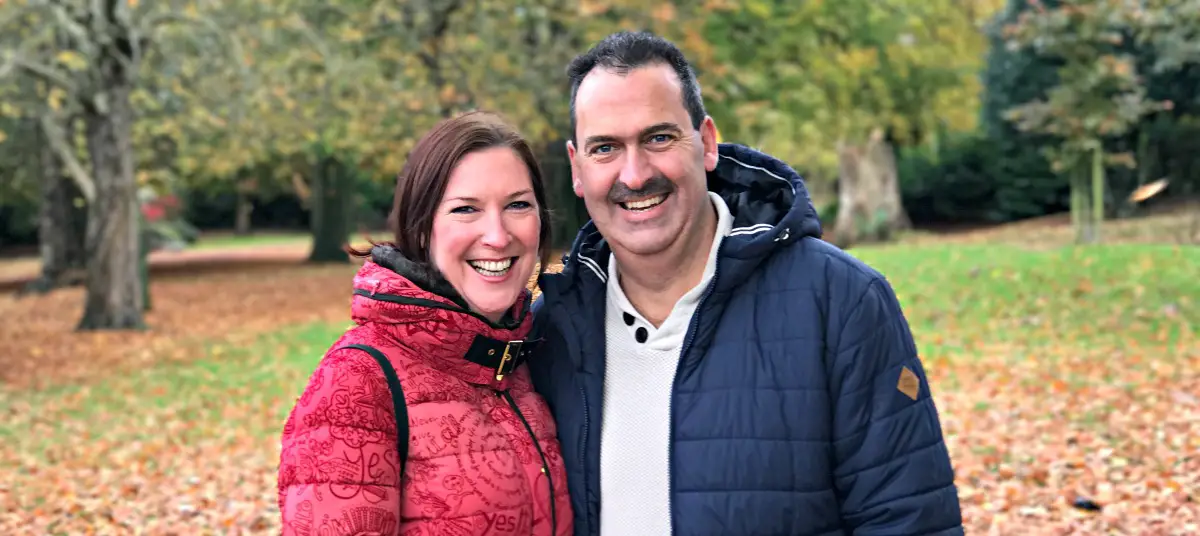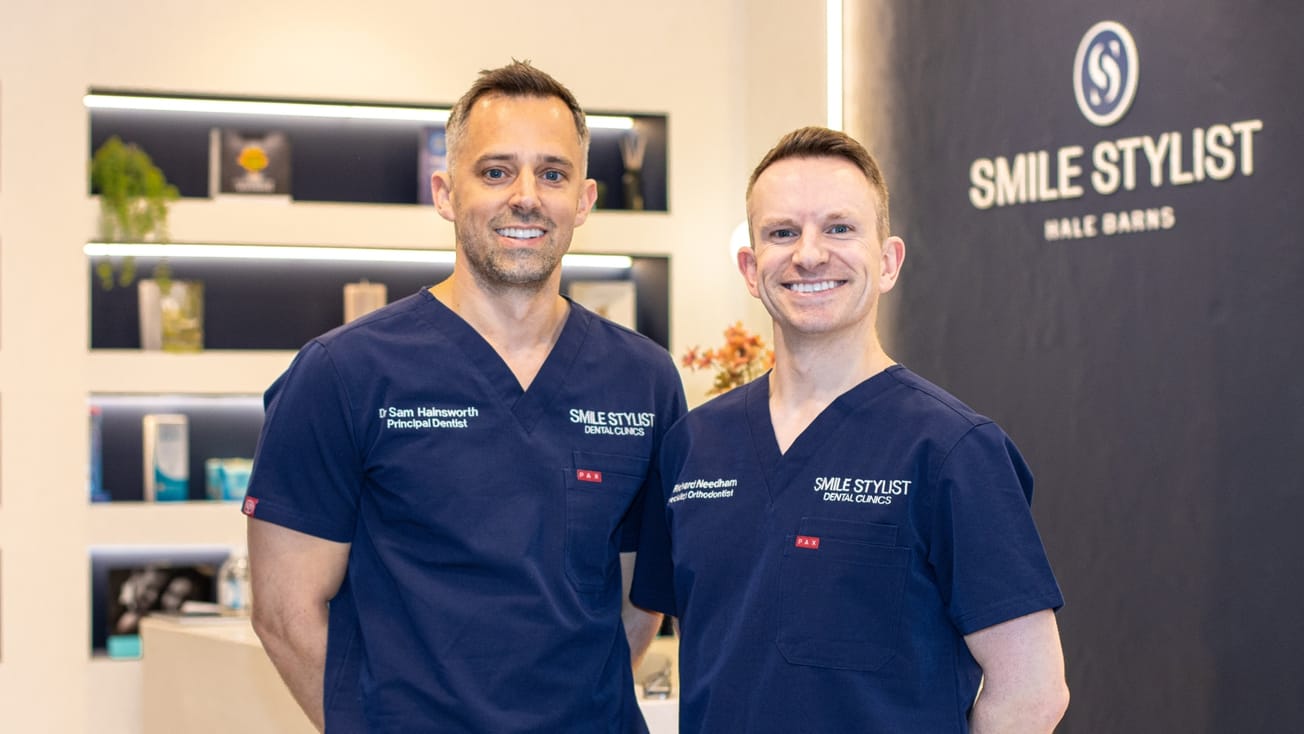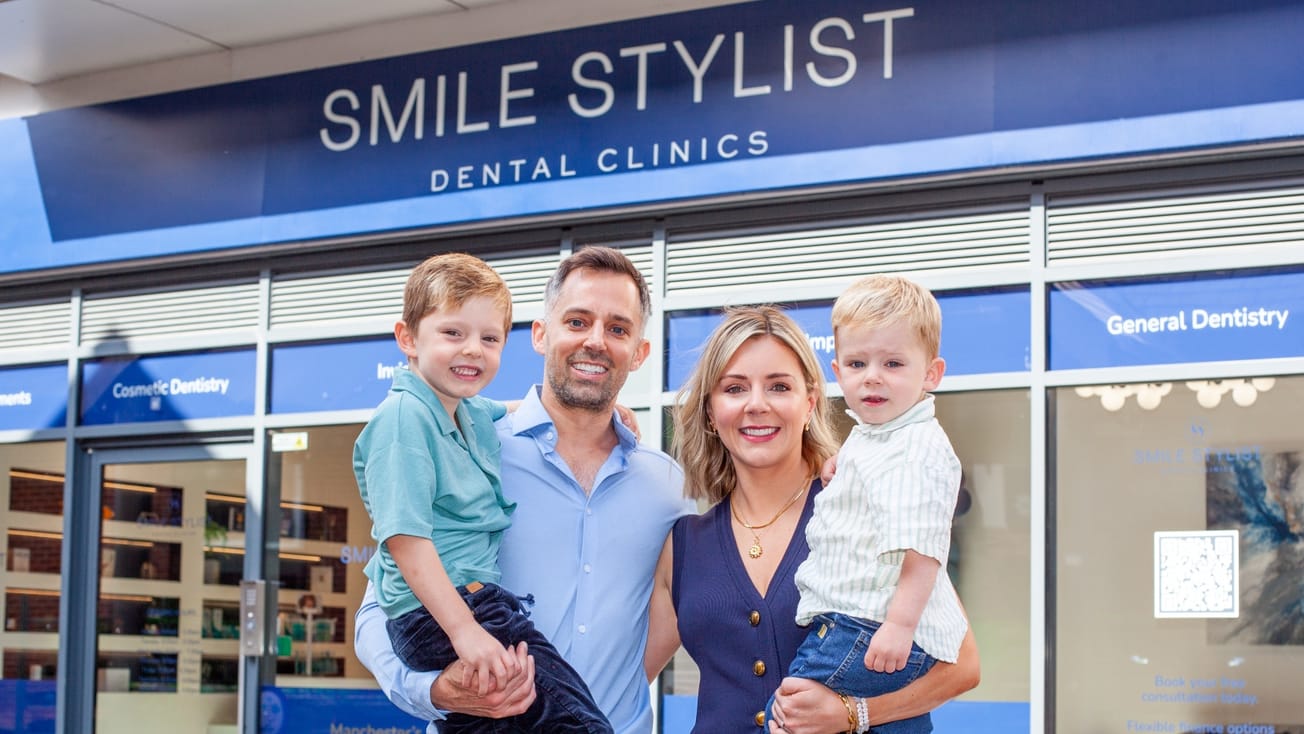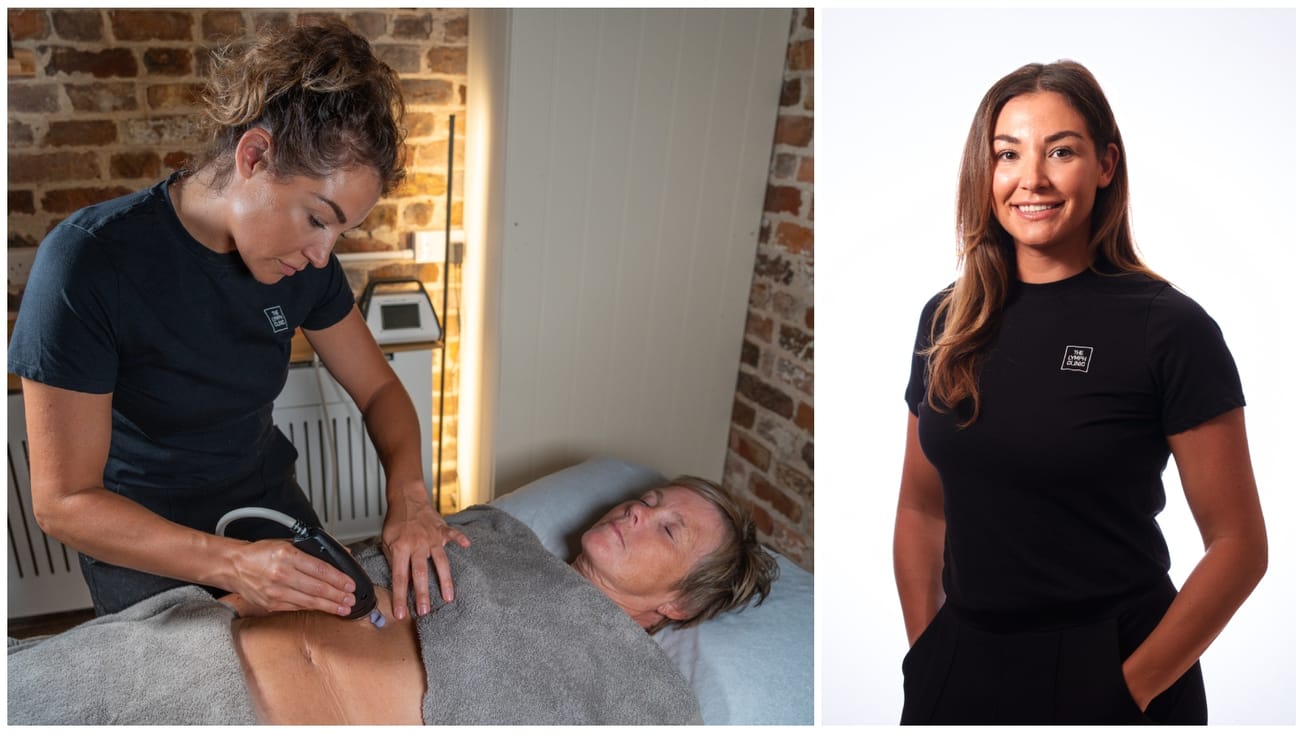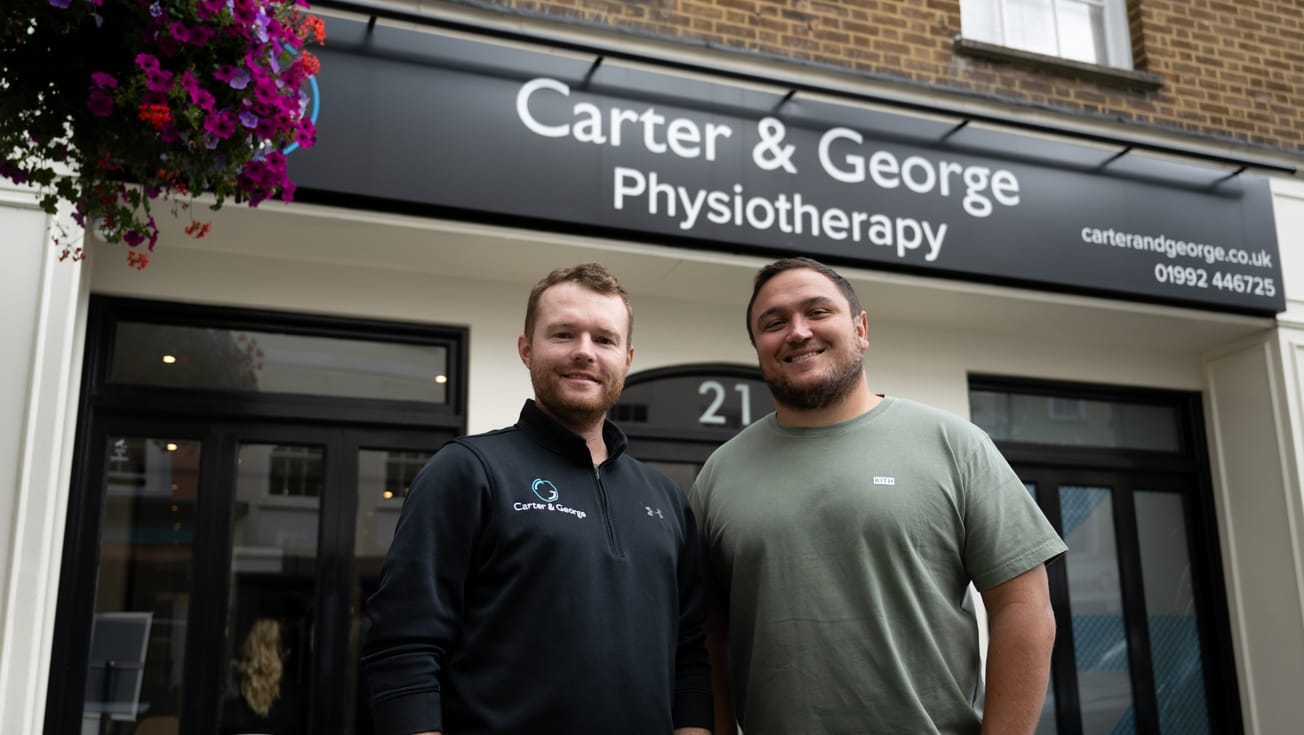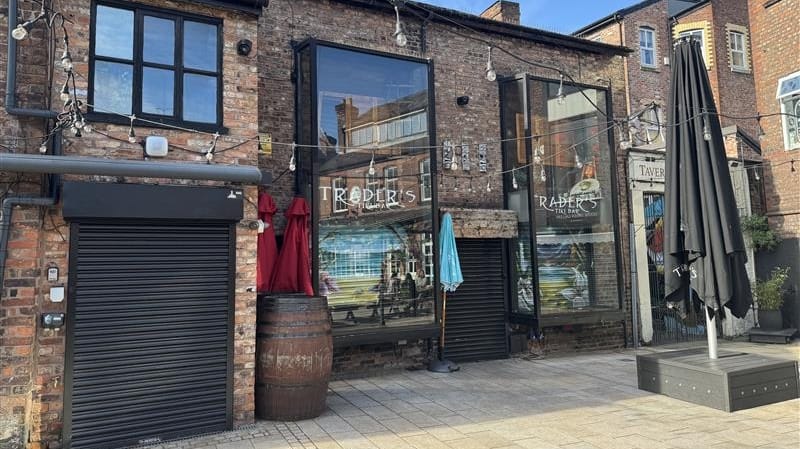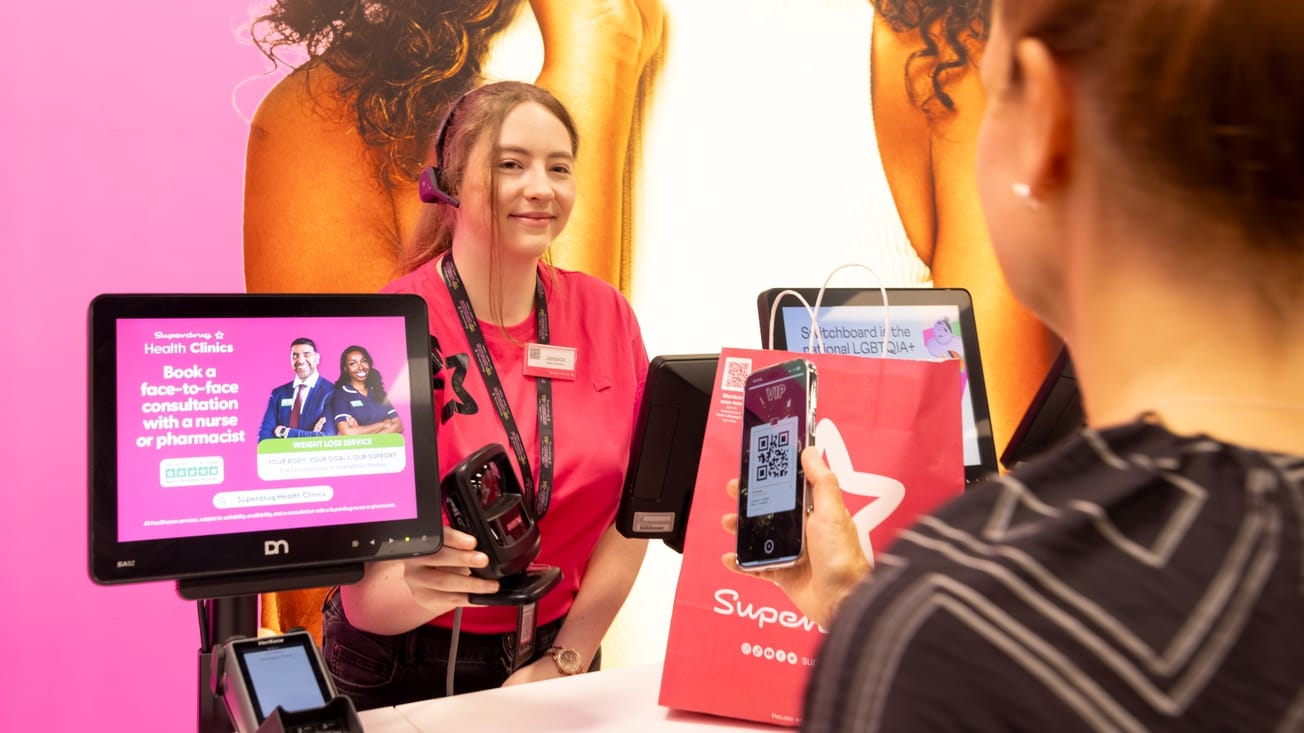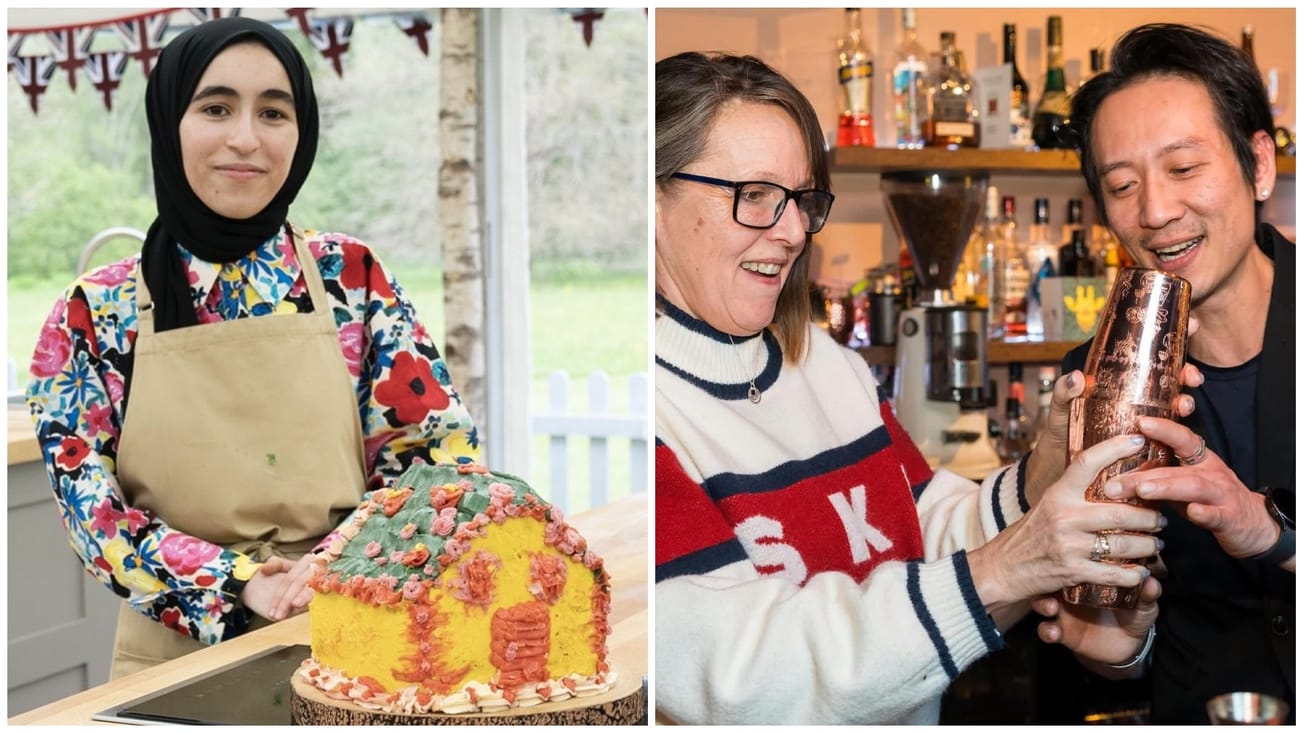Connie Bird and Ian Welsh had only been in their Altrincham home together for a few weeks when, on January 20th 2016, they made a spur-of-the-moment decision to make the short walk to John Leigh Park for a lunch-break game of tennis.
Life was good – both were healthy and reasonably fit, both successful in careers that allowed them to work from home while also giving them plenty of opportunity for travel in Europe.
But on that cold winter’s day, life was about to take a sudden and dramatic turn.
“It was about 15 minutes in,” said Connie, “and Ian just said, ‘can I have a minute?’ I thought he was going to tie his shoelace, but he rolled over. He tried to stand up again and got halfway up before he went back down again. I ran across to him and knew straight away that there was something wrong. I slapped him a few times but he didn’t answer me.”
Ian, 45, had suffered a cardiac arrest. Unbeknown to him and Connie, he had a genetic form of dilated cardiomyopathy, a condition in which the heart becomes enlarged and cannot pump blood efficiently, causing an abnormal heartbeat. Without any notice, Ian’s heart had stopped.
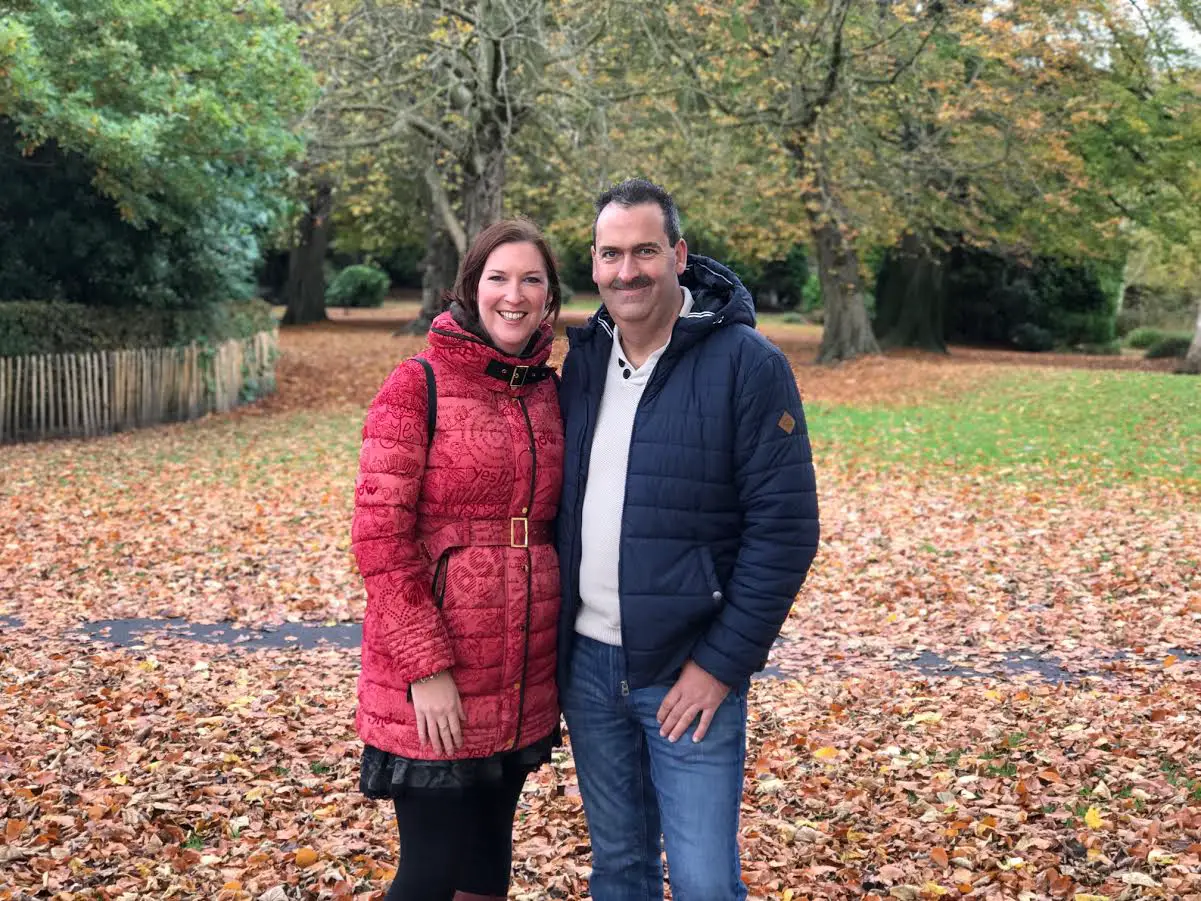
With no-one else in the park at the time, Connie fortunately had her phone on her and called 999.
“The first question the lady on the phone asked was, ‘can you see a defibrillator’, then ‘do you know CPR’?”
The answer to the first question was no, so Connie was carefully walked through eight minutes of CPR over the phone until emergency services arrived (“the lady on the phone kept me focused, she was brilliant”, said Connie). For 45 minutes nothing worked, until finally – thanks to a number of defibrillator shocks from the paramedics – Ian started to display a weak pulse. He was taken to Wythenshawe Hospital and placed in a coma.
“It was incredible because I had briefly had a moment of ‘let him die, it’s 45 minutes, let him go’,” admitted Connie, 40. “I never believed you could work on someone for that long and get them back.”
Once in hospital, Ian was given a 50/50 chance of survival. When Connie returned to the hospital that night, she was mentally preparing to say goodbye to him – but by 9am the following morning she had hope.
Even so, Connie was warned that when the nurses tried to wake him later that day, it may not work.
“But it was remarkable,” she said, “I was with him when they did it. I thought it would take ages, but the nurse started to wake him at 5 and by 5.10 he was awake. She said ‘Ian, Ian, if you can hear Connie squeeze her hand’, and he squeezed my hand. It was amazing.”
Ian stayed in Wythenshawe for three and a half weeks, during which time he had surgery to fit a cardioverter defibrillator, which will monitor his heart and automatically shock him if it goes into a dangerous rhythm again.
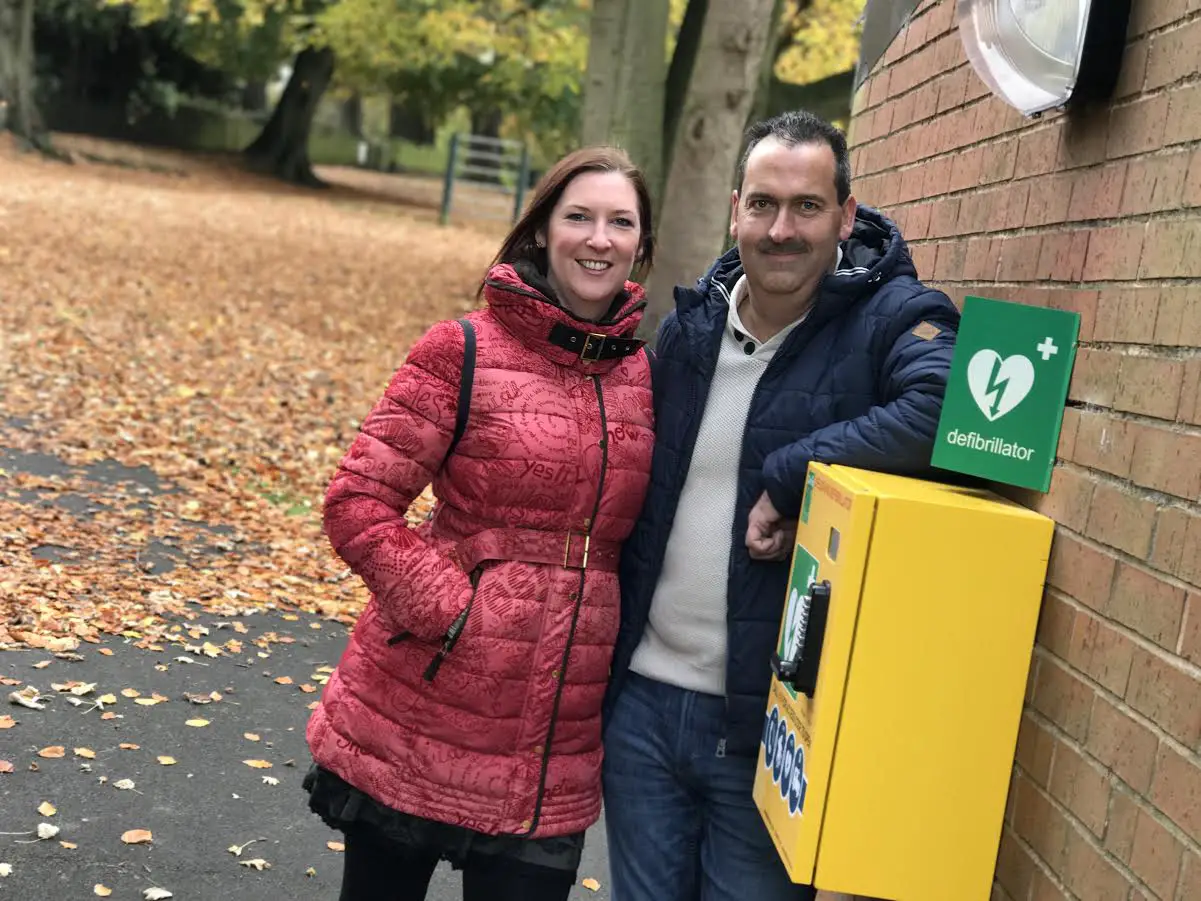
The couple, who have only been together for two years, have now begun a campaign to raise money to ensure a permanent solar-powered defibrillator is installed in the busy area of John Leigh Park.
Working with the Friends of John Leigh Park group, Connie and Ian have launched a crowdfunding page to raise as much of the £3,000 required as possible. Ian is also doing the Movember challenge. In the meantime, a defibrillator has been loaned to the park.
“We’re an example of what you don’t want to happen, but what could happen,” said Connie, who works in product management and sales for chemicals company Ineos.
“We were very lucky. We had a friend who went through a similar situation at just 34, and he didn’t make it. Having a defibrillator could have made the critical difference – even with us, it could have made a big difference, quicker. Time is essential in these situations.”
As for Ian, he has been regaining fitness and getting back into his work as the owner of a passenger transport business. Apart from a scar on his chest, he is largely back to normal.
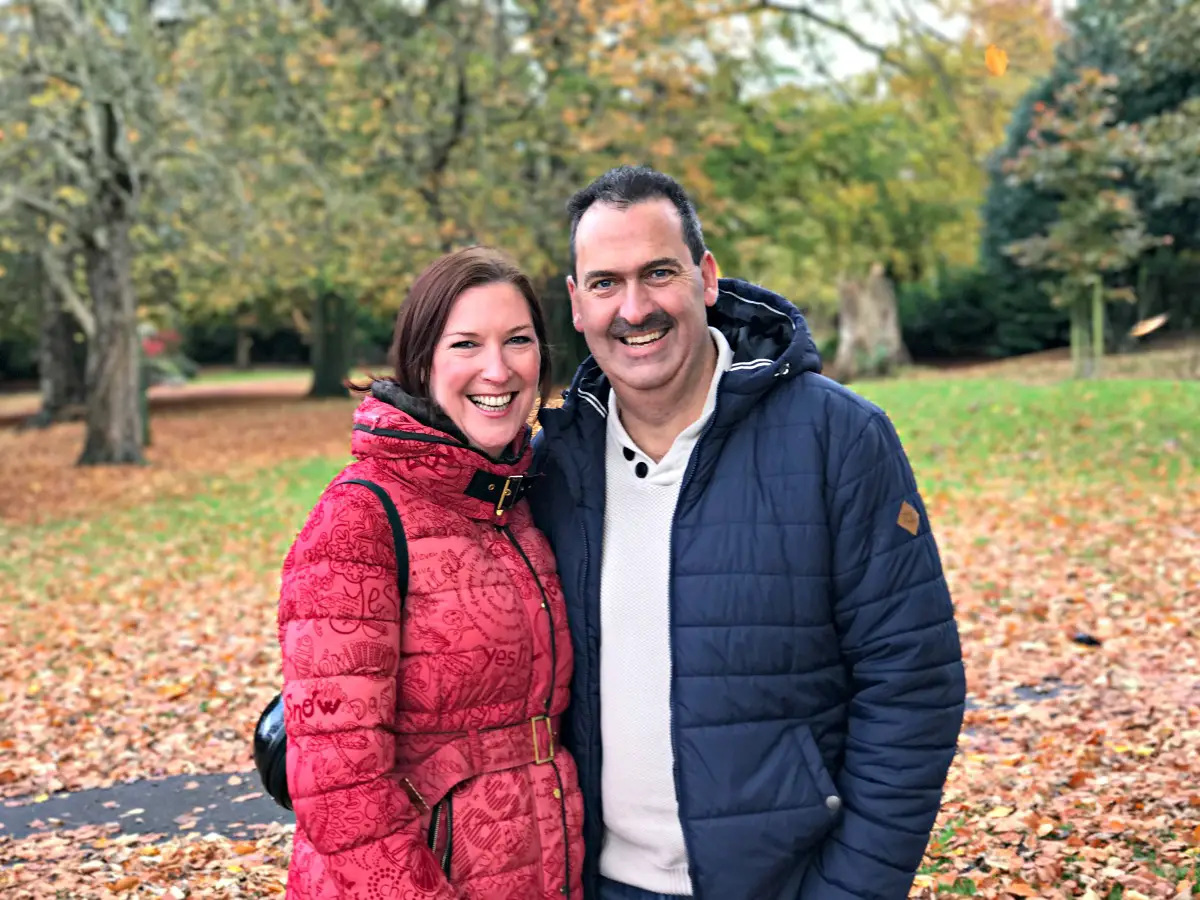
Had the episode changed him? Not really. He can’t remember anything about the day and has, in any case, always had a positive approach to life – even if the road back to health has been frustratingly slow.
“The first day I was out of hospital I went for a walk, but made it 500 yards and was wrecked,” he said. “I came back and fell asleep straight away. Psychologically that was a massive shock to the system.
“But I have always approached life as if you only get one go at it – I’ve always felt you may as well enjoy and experience a lot of things, and that’s not changed.
“One thing that I did mull around for a while was ‘where did I go for that hour’? People say, didn’t you see the light or the pearly gates? No, not really! We’ve certainly had a few late-night chats about it since.”
Connie admitted it had “thrown us together faster”, and Ian said he was now receiving a few gentle nudges about marriage.
“All Connie’s friends keep mentioning that I need to put a ring on her finger,” he said. “We’ll get there!”
Ian and Connie are raising money to buy a permanent solar-powered defibrillator unit for the busy area of John Leigh Park – see their crowdfunding page here.

